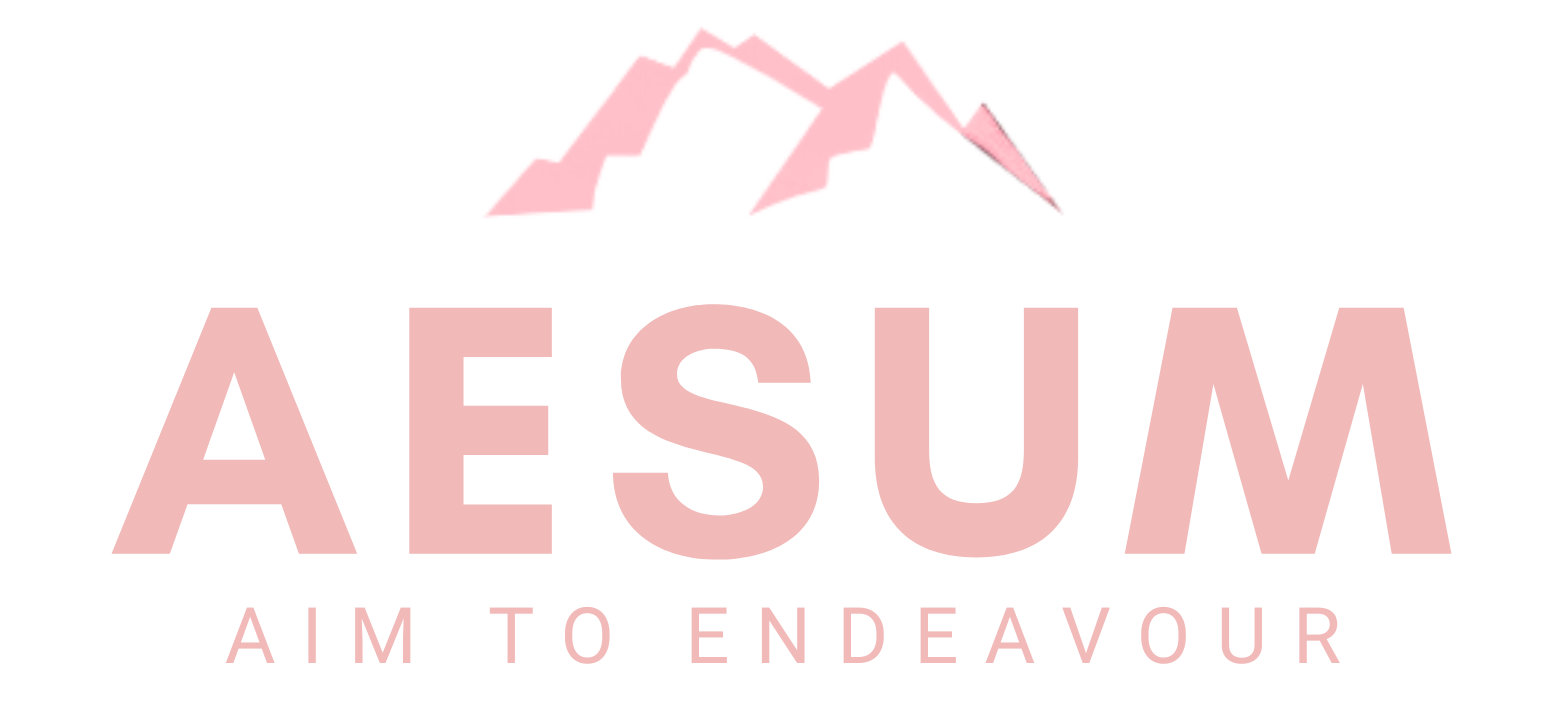Mobile App Development
Without AI & With AI Integration
Mobile App Development (Without AI)
01
Project Discovery & Consultation
Initial meetings to understand client requirements, business goals, target audience, and market research.
Development of a project roadmap, timelines, and milestones.
Discussion of desired platforms (iOS, Android, or both), app features, and core functionalities.
02
UX/UI Design
User Experience (UX) design: Creating wireframes, user flows, and overall app functionality to ensure smooth navigation and interaction.
User Interface (UI) design: Designing visually appealing layouts, color schemes, typography, and icons, ensuring a seamless visual experience.
03
Mobile App Architecture
Deciding on the technical architecture of the mobile app.
Choosing between native app development or a cross-platform framework (e.g., React Native, Flutter).
Backend system and database architecture for data storage and processing.
04
Mobile App Development
Front-end development for both iOS and Android.
Back-end development (if necessary) for server-side functionalities, database integration, API development, and cloud services.
Integration of necessary features like push notifications, social media logins, payment gateways, etc.
05
Testing & Quality Assurance
Comprehensive testing for bugs, performance, and compatibility on various devices and operating systems.
Conducting functional, security, and performance tests to ensure reliability.
Refining the app based on feedback from the testing phase.
06
App Store Submission
Final optimization for both iOS App Store and Google Play Store requirements.
Preparing necessary assets like screenshots, app descriptions, and marketing materials.
Submitting the app to respective stores for approval and launch.
07
Post-Launch Support & Maintenance
Continuous monitoring of app performance and user feedback.
Bug fixing and ensuring regular updates for new OS versions.
Adding new features or updates as per market requirements or user feedback.
Mobile App Development (With AI Integration)
01
Project Discovery & Consultation (With AI Focus)
Same as the non-AI version but with a deeper exploration of potential AI functionalities.
AI integration options like chatbots, predictive analytics, personalization, or computer vision are discussed.
Identifying which areas of the app would benefit from AI, such as user behavior analysis, automatic content recommendation, or speech recognition.
02
AI Strategy & Design
AI Model Design: Selecting and designing AI models for features like recommendation systems, natural language processing (NLP), image recognition, etc.
UX/UI Design: Incorporating AI features into the app interface (e.g., dynamic personalization, chatbots).
Designing user-friendly interactions that make AI feel intuitive and seamless.
03
AI-Based Mobile App Architecture
Deciding on the technical architecture for integrating AI, including APIs or building custom AI models.
Determining whether the app needs edge computing (on-device AI) or cloud-based AI models (using cloud computing resources for heavy processing).
Choosing the AI tools, libraries, and platforms (e.g., TensorFlow, PyTorch, AWS, Google Cloud AI) to support the app’s functionalities.
04
AI Mobile App Development
AI model development for features like personalization, recommendations, chatbots, voice assistants, etc.
Implementing AI algorithms to enhance the app’s functionality (e.g., natural language understanding, predictive analytics, object detection).
Building out both the mobile app frontend and backend to integrate AI services efficiently.
Ensuring the AI model is optimized for performance, scalability, and efficiency.
05
Testing & Quality Assurance (Including AI Testing)
In addition to regular testing, AI models need to be tested for accuracy, bias, and reliability.
Fine-tuning AI models to ensure they meet the desired performance and provide value to the end-users.
Conducting thorough tests for AI-related features like recommendations, chatbot interactions, or voice recognition.
06
App Store Submission
Like the non-AI version, ensuring that the app is optimized and meets the guidelines for both the App Store and Google Play.
If the AI model involves significant data processing or privacy concerns, ensure that all legal and compliance checks (e.g., GDPR) are in place.
Submit the AI-integrated app for approval and launch.
07
Post-Launch AI Monitoring & Maintenance
Ongoing monitoring of the AI features in the app to ensure they function properly and meet user expectations.
Continually improving the AI models with new data and insights, adapting to changing user behaviors.
Updating the app regularly to improve AI algorithms, fix bugs, and add new AI-powered features.
